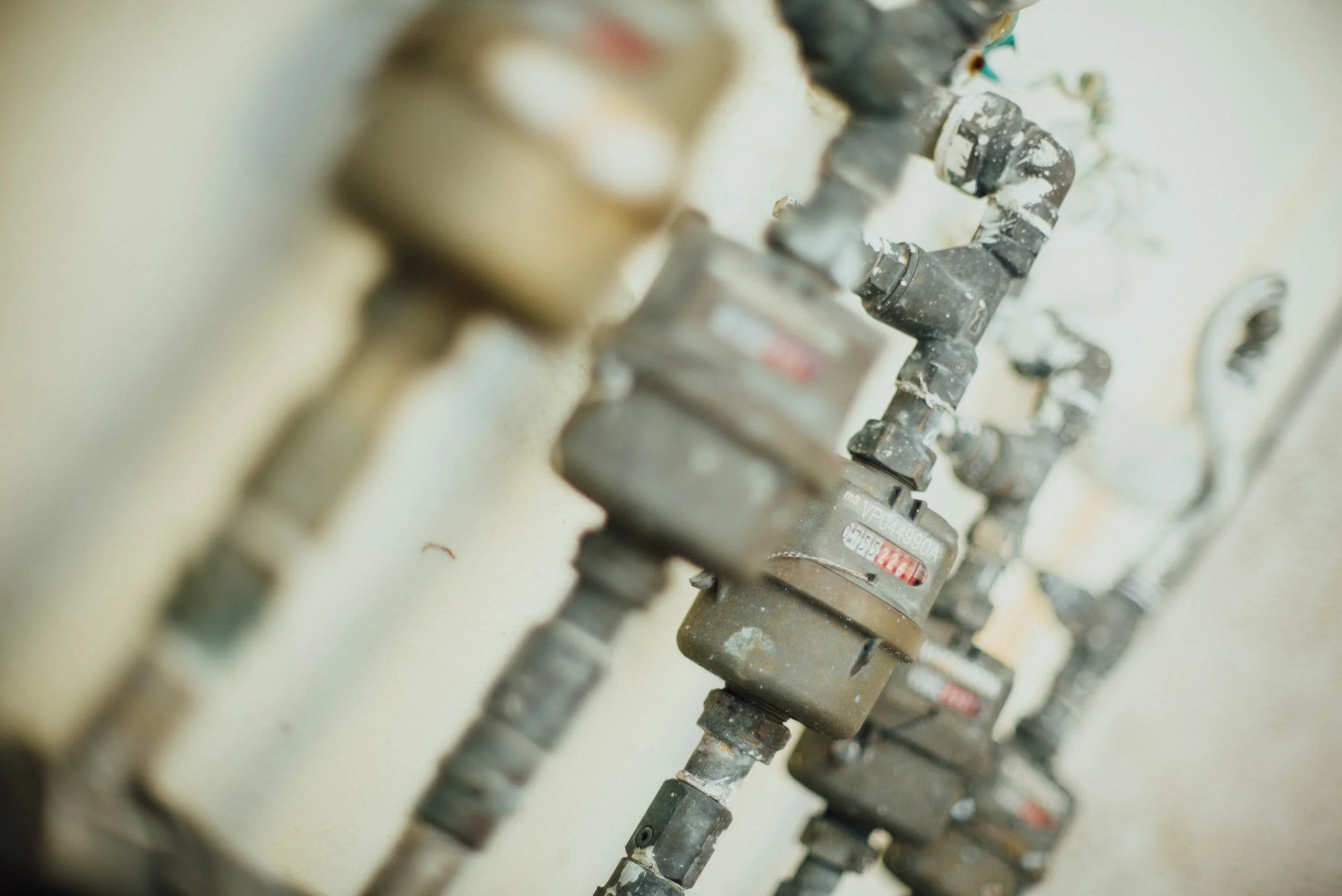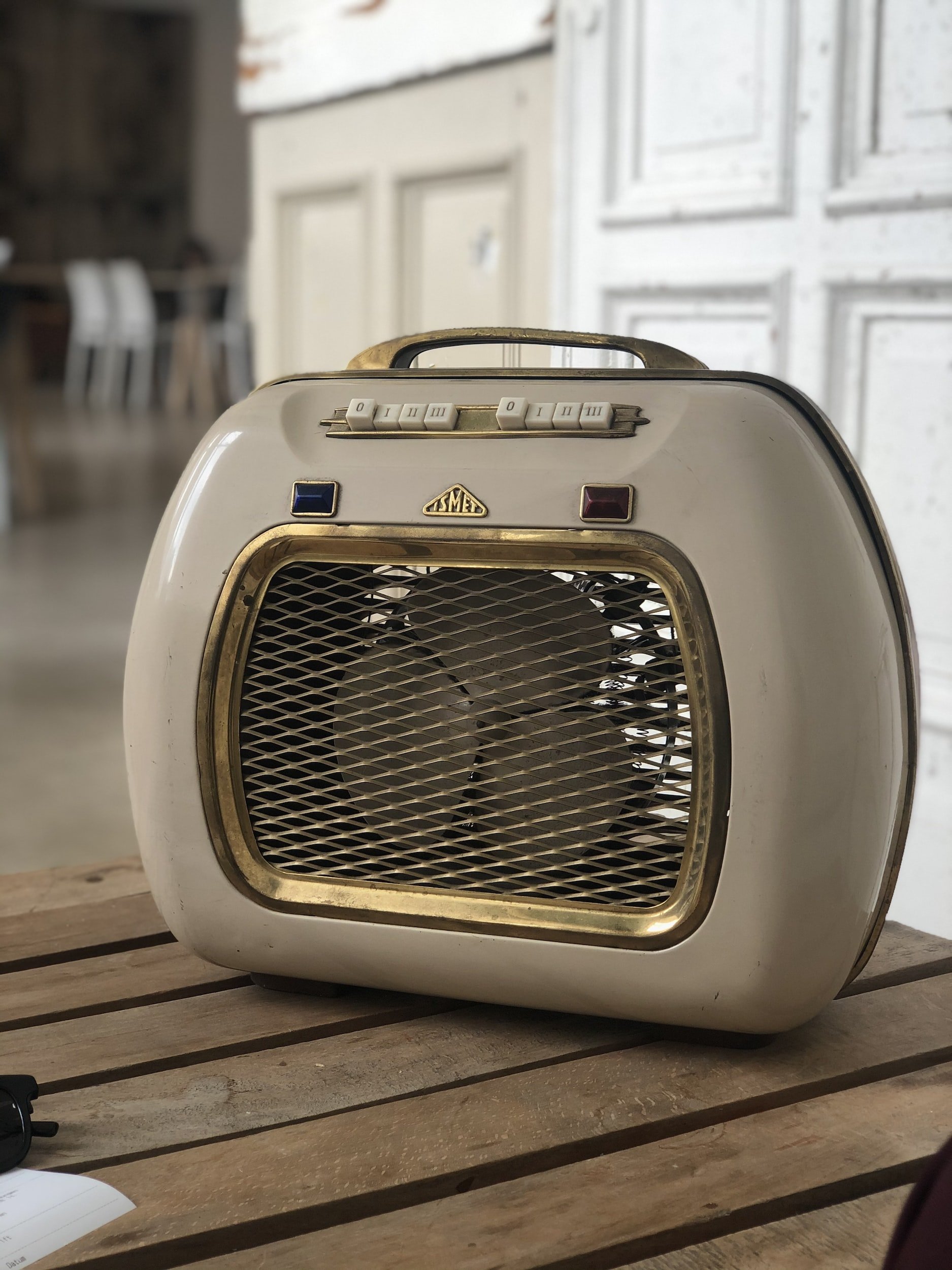How To Prepare Your Home For Winter Weather!
When winter sets in, it's time to get your home ready for the cold. Not sure where to start? Here are some tips and tricks that can help you get ready before the snow or rain starts piling up!
Home Maintenance Tips!
1. Check your home’s exterior for any cracks or gaps that need to be sealed. This will help keep warm air in and cold air out.
2. Inspect your windows and doors to make sure they are properly insulated. You may want to invest in weather stripping or caulking to seal any drafts.
3. If you have a fireplace, have it cleaned and inspected before the colder weather sets in. This will help prevent any fires from starting outside of it!
4. Have your heating system serviced by a professional before winter arrives. This will help ensure that your furnace is running efficiently and safely.
5. Take some time to clean out your gutters and downspouts. This will help prevent ice dams from forming and causing damage to your roof.
6. Stock up on winter essentials like salt, sand, and snow shovels so you’re prepared for whatever Mother Nature throws your way.
What to Buy!
As the weather gets colder and winter approaches, it's important to start thinking about how to prepare your home for the colder months. One of the most important things you can do is make sure you have the right supplies on hand to keep your home warm and comfortable. Here's a list of some essential items to help you get started:
1. A good quality thermostat - This is one of the most important investments you can make when preparing your home for winter. A good thermostat will help you regulate the temperature inside your home, so you don't have to worry about it getting too cold.
2. Weather stripping and insulation - Another crucial step in preparing your home for winter is to make sure it is well-insulated. This will help keep the heat inside your home and prevent drafts from coming in. Weather stripping and insulation are both great ways to improve the energy efficiency of your home.
3. Space heater u don't have a central heating system, space heaters are a great way to keep your home warm in the winter. Just be sure to buy a quality product and follow all safety instructions when using it.
How to Prevent Water Damage
Water damage is one of the most common problems faced by homeowners during winter weather. Water can freeze in exposed pipes, causing them to burst, or it can seep through cracks in your foundation and cause flooding. Luckily, there are a few things you can do to prevent water damage in your home this winter.
First, make sure all of your exposed pipes are properly insulated. You can buy pre-made insulation sleeves at your local hardware store, or you can wrap them yourself with foam pipe insulation. This will help keep the water inside the pipes from freezing and bursting.
Second, check your gutters and downspouts to make sure they're clear of leaves and debris. Clogged gutters can cause water to back up and overflow, leading to water damage on your roof and sides of your home.
By taking these simple steps, you can help prevent water damage in your home this winter.
How to Save on Utilities Costs
As the weather gets colder, our utility bills go up. Here are some tips on how to save money on your heating and electricity costs this winter:
1. Get a programmable thermostat. You can save up to 10% on your heating bill by setting your thermostat back 10-15 degrees for 8 hours a day. A programmable thermostat makes it easy to set and forget!
2. Seal up any drafts in your home. A simple way to do this is to use caulk or weather stripping around doors and windows. This will help keep the warm air inside and the cold air out.
3. Use space heaters wisely. Space heaters can be a great way to supplement your heating, but they can also be a major source of wasted energy if used improperly. When using a space heater, make sure to turn it off when you leave the room and keep it away from any flammable materials!
4. Consider investing in some insulation. This is especially important if you live in an older home with drafty walls. Adding some insulation will help keep the heat in and lower your overall heating costs.
5. Use window coverings to your advantage! Window coverings are one of the easiest ways to add extra insulation to your space; have fun with them! There are so many beautiful options out there!
By following the tips in this article, you will be able to prepare your home for winter weather and prevent any damage that might occur as a result of the extreme cold. By taking the time to winterize your home now, you can rest assured that your family will be safe and comfortable all season long!
















